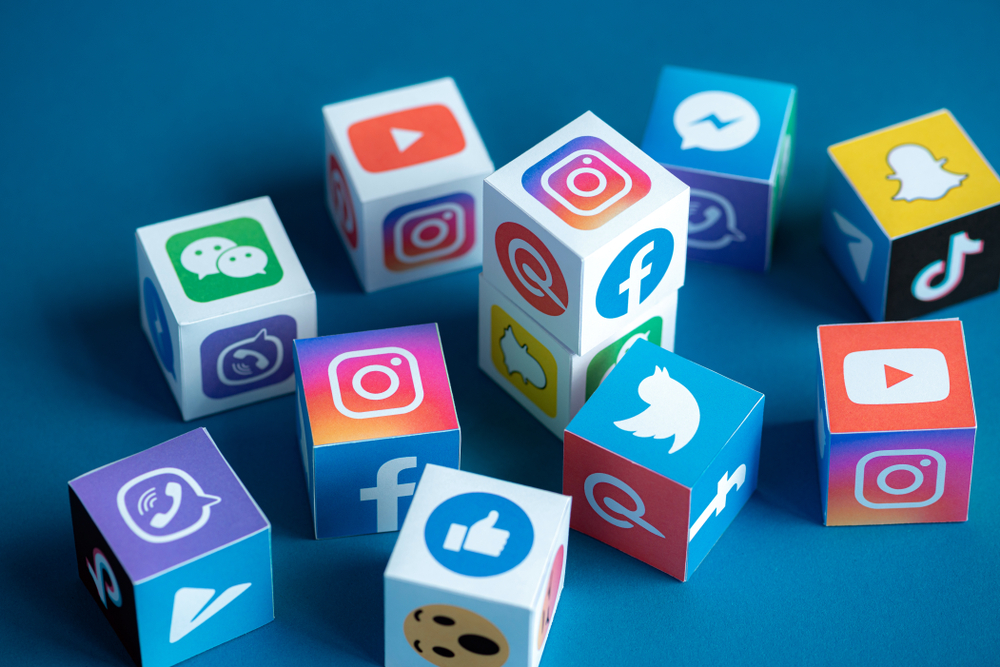Dr. Ryan Shelton Zenith Labs Director On Why Social Media Can Lead To Depression: The Dangers of Excessive Screen Time
It’s no secret that social media can be addictive. For many people, scrolling through their Facebook or Instagram feeds is a daily ritual; sometimes, it can be hard to stop. But what you may not know is that excessive screen time can lead to depression. Social media has become an integral part of our lives.
For some of us, it’s a way to stay connected with friends and family. For others, it’s a source of news and entertainment. But what many people don’t realize is that social media can also lead to depression. In this blog post, Dr. Ryan Shelton from Zenith Labs will discuss the dangers of social media and how to avoid them.
Comparison
There are several reasons why social media can lead to depression. First, social media can cause people to compare themselves to others. When people see photos of their friends and family members living happy and successful lives, they may feel like they are not good enough. In addition, social media can be a significant time suck. People who spend hours scrolling through their feeds may feel like they are wasting their lives. Finally, social media can be a breeding ground for negativity. If people are constantly exposed to angry posts and negative comments, they may start to feel down about the world in general. While social media has its advantages, it is crucial to know how it can lead to depression.
Cyberbullying
Cyberbullying has become a growing problem in recent years, as more and more children and teenagers have access to the internet and social media. Cyberbullying can take many forms, including spreading rumors, sending threatening messages, or posting hurtful comments or pictures. Cyberbullying can be devastating, leading to feelings of isolation, low self-esteem, and even depression. In some cases, cyberbullying has even led to suicide. While there is no easy solution to the problem of cyberbullying, it is crucial to be aware of the risks associated with social media. Parents should talk to their children about the dangers of cyberbullying and encourage them to use social media responsibly.
Fear Of Missing Out
FOMO, or the fear of missing out, is accurate, and social media exacerbate it. We see photos and videos of our friends having fun without us, and we wonder why we’re omitted. This can lead to feelings of loneliness and isolation. Too much time spent on electronic devices can lead to social isolation and communication problems, as it can reduce opportunities for face-to-face interaction. Furthermore, excessive screen time has been associated with obesity and other health problems, as it often leads to sedentary behavior.
Addictive
Social media has become an integral part of our lives. We use it to stay connected with friends and family, share news and experiences, and make new connections. However, there is a dark side to social media addiction. Studies have shown that excessive use of social media can lead to feelings of isolation, anxiety, and depression. These adverse effects are often magnified in young people, who are the most active social media users.
In a world where we are constantly bombarded with images of perfect lives, it’s easy to feel like we’re not measuring up. This can lead to low self-esteem and a sense of inadequacy. If you find that you can’t go even a few minutes without checking your social media feeds, it might be time to take a step back and reassess your relationship with technology. Remember, no one’s life is as perfect as it seems on Instagram.
Poor Sleep Habits
According to a National Sleep Foundation poll, 60% of Americans report that poor sleep habits interfere with their daily activities at least a few nights a week. Poor sleep habits can lead to many health problems, including depression. Depression is a severe mental illness that can lead to suicidal thoughts and actions. Social media can be a trigger for depression.
Academic Performance
Extended screen periods can negatively impact academic performance, as they can inhibit concentration and focus. Therefore, it is important to limit screen time to protect children and adolescents’ physical and mental health. If social media negatively impacts your mental health, taking a break from time to time is essential. Unplugging from technology can help you focus on the present moment and appreciate the people and things in your life that truly matter.
Conclusion
While social media can be a great way to stay connected with friends and family, it can also lead to depression. Dr. Ryan Shelton of Zenith Labs explained that it could lead to feelings of loneliness and isolation, which can lead to depression. Additionally, social media can be a trigger for anxiety and stress. When people constantly check their notifications, they can become overwhelmed and anxious. This can lead to panic attacks and other mental health issues. If you find that social media is causing you distress, it’s essential to take a break and focus on taking care of yourself.

